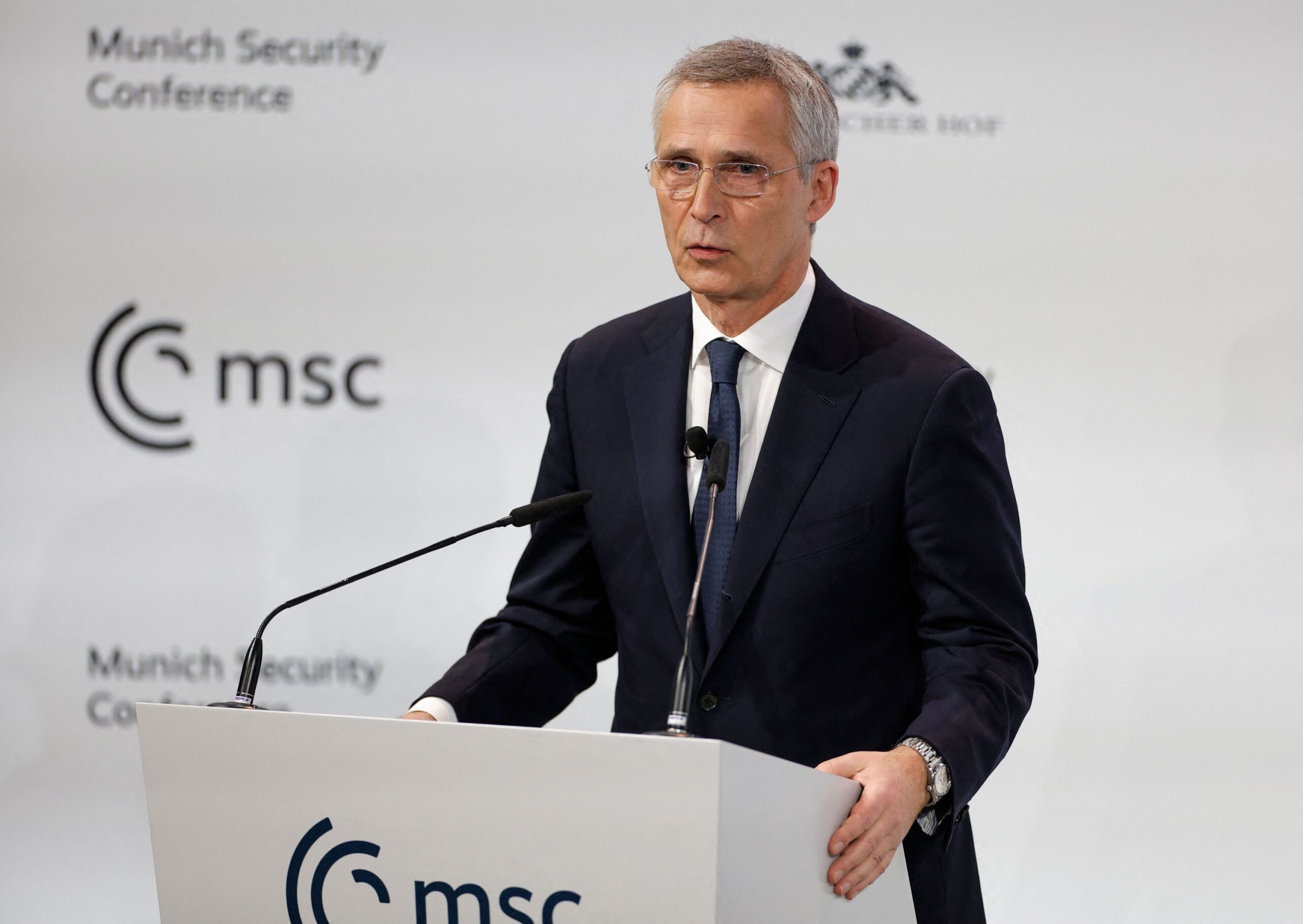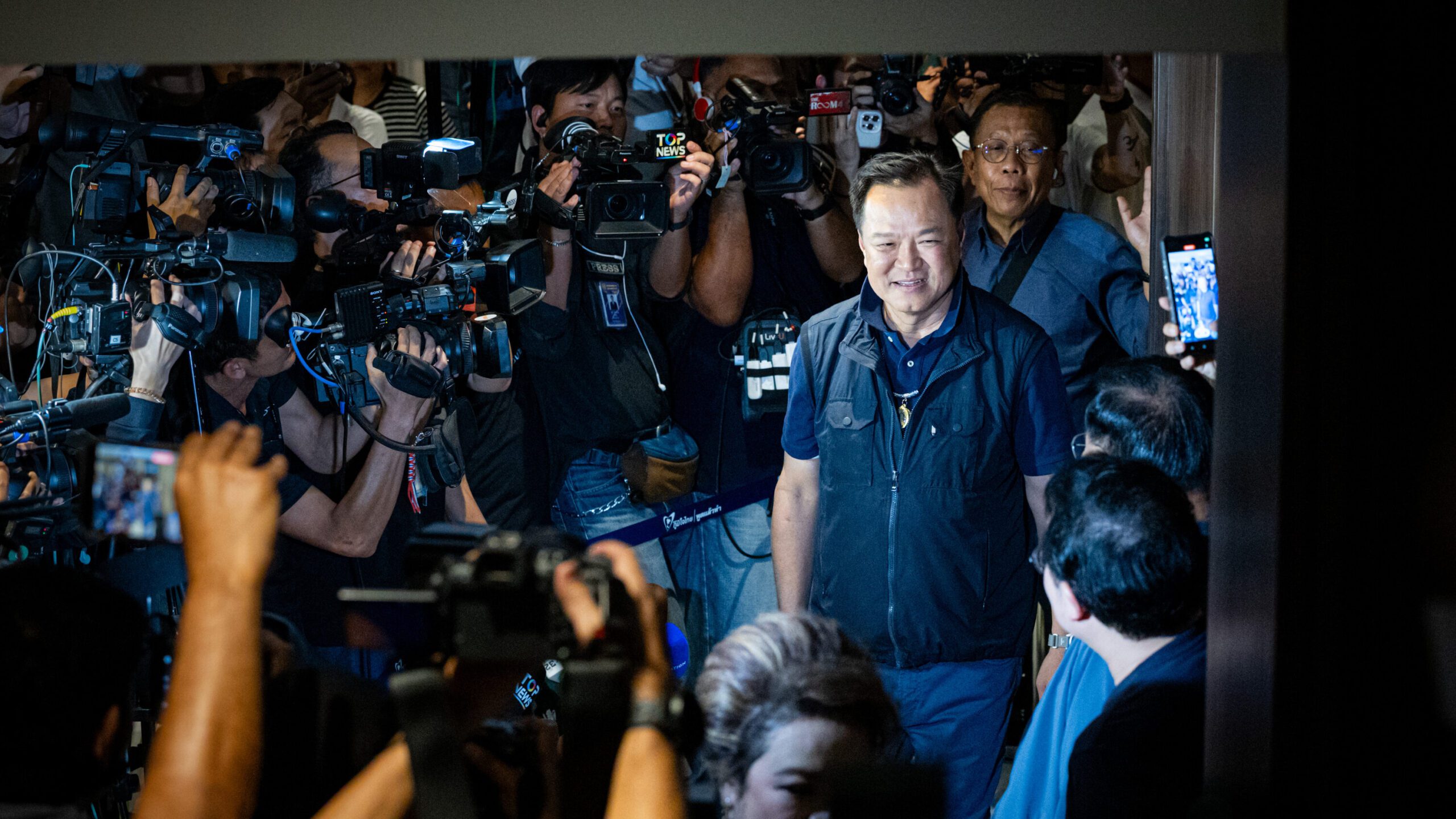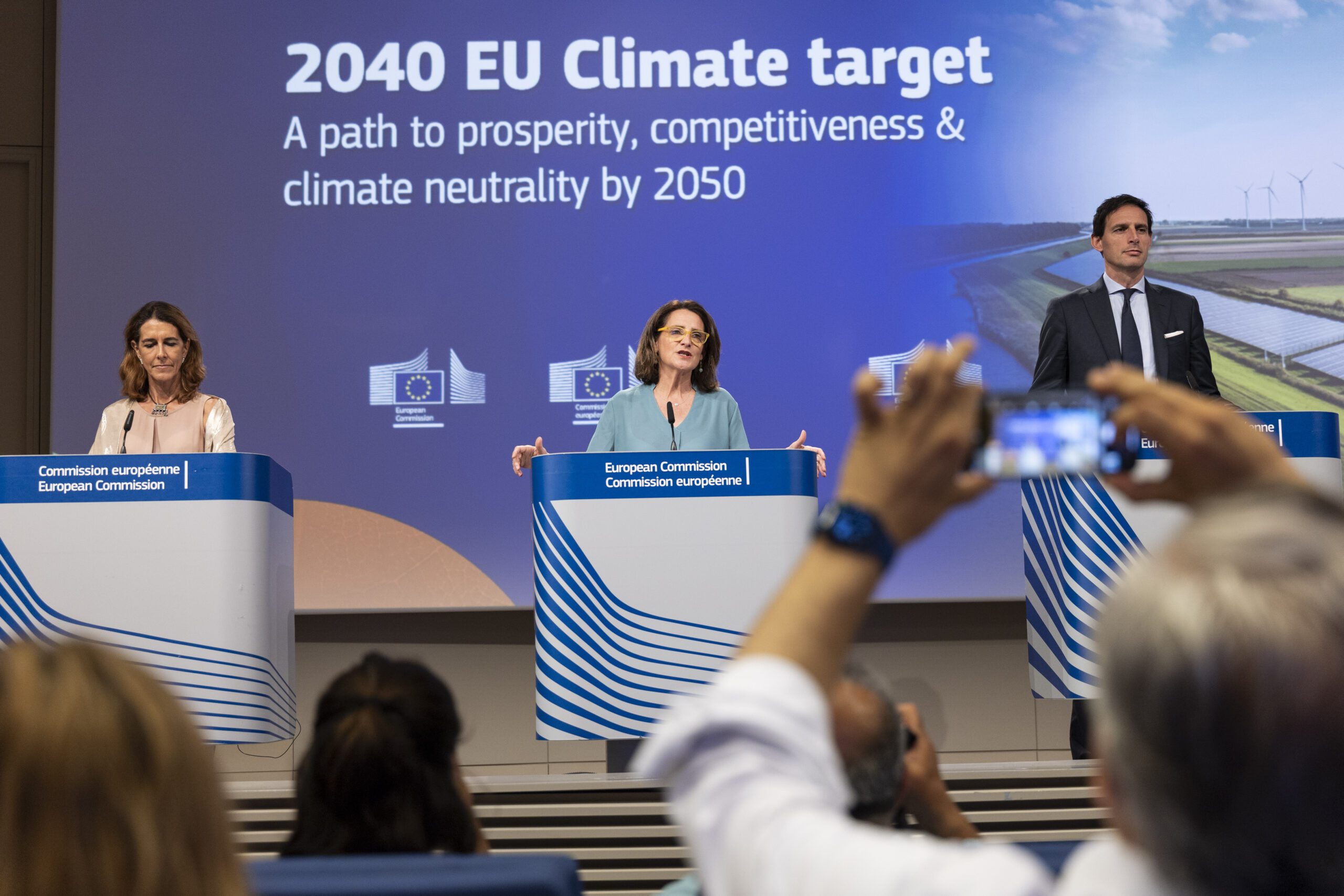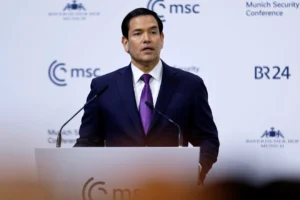Baku, Azerbaijan—COP29, November 22, 2024
As the dust settles on the seismic global shift in climate politics, the 29th Conference of the Parties (COP29) in Baku has become a historic turning point for the international climate movement. Following the election of President-elect Donald Trump in the United States and his anticipated withdrawal from the Paris Agreement, the world is grappling with an urgent leadership vacuum. The repercussions are already being felt, with Argentina pulling out of COP29 after President Javier Milei’s meeting with Trump at Mar-a-Lago, sparking concerns that other nations may follow suit.
However, amidst this turmoil, a beacon of hope has emerged in the form of G-ZERO—a coalition of four pioneering nations, Bhutan, Madagascar, Panama, and Suriname. Officially launched during COP29, G-ZERO has positioned itself as a rising global force for climate action, stepping into the void left by traditional powers. The coalition represents a paradigm shift: smaller nations that have achieved carbon-neutral or carbon-negative statuses are now asserting their leadership to inspire the world.
A New Dawn for Climate Leadership
G-ZERO, spearheaded by Bhutan under the leadership of Prime Minister Tshering Tobgay, embodies a bold vision for the future of global climate governance. These nations, which have long championed ambitious climate policies domestically, are now uniting to drive international action. Their commitment is not only a statement of resilience but also a challenge to the world’s largest economies to step up.
“Our coalition is proof that climate leadership is not about size or economic might—it’s about integrity, action, and a commitment to the future,” declared Prime Minister Tobgay in his keynote at COP29. “As G-ZERO, we are not just a coalition; we are a movement.”
Filling the Void: Complementing AOSIS
While G-ZERO is a new player on the global stage, it complements the efforts of long-standing groups like the Alliance of Small Island States (AOSIS). Where AOSIS has traditionally focused on the unique vulnerabilities of island nations, G-ZERO brings a fresh perspective, uniting carbon-neutral and carbon-negative nations to share policy solutions, technical expertise, and sustainable strategies.
Together, these alliances amplify the voices of those on the frontlines of climate change, advocating for increased ambition in Nationally Determined Contributions (NDCs), greater climate financing, and technology transfers to developing nations.
Change the World - Subscribe Now
Turning Crisis into Opportunity
The formation of G-ZERO comes at a critical juncture, as the international community contemplates a future without U.S. leadership on climate change. The coalition’s launch signals that smaller nations are ready to fill the leadership void, transforming a crisis into an opportunity to realign global priorities.
“COP29 has shown us that the age of unilateral climate leadership is over,” remarked Dr. Mariama Diallo, a climate policy expert observing the talks in Baku. “The rise of coalitions like G-ZERO represents a tectonic shift in the balance of power. It’s a clear message: no country can dictate the climate agenda alone anymore.”
A Call to Action: The Future of Nature Summit
On the closing day of COP29, SDG News secured an exclusive interview with Juan Carlos Monterrey, Panama’s Special Representative of Climate Change, who issued a rallying cry to the global community. “The G-ZERO coalition has shown us what is possible. Now, it’s time to scale this vision to the world,” Monterrey told SDG News.
He announced Panama’s commitment to convening the first-ever Future of Nature Summit in Panama City from May 19-21, 2025. Organized by Panama’s Ministry of Environment and co-hosted by the PVBLIC Foundation, March For Science, and the Island Resilience Partnership, the high-level event aims to mobilize like-minded governments, family offices, philanthropists, and corporate leaders of the blue and green economy. The summit’s mission is to develop public-private partnerships leveraging nature-based assets to help other nations achieve G-ZERO status.
“This summit is not just a gathering; it’s a movement to redefine how we value, invest in, and protect our planet’s natural capital,” Monterrey emphasized to SDG News. “We need every leader with ambition, every partner with vision, and every community with a stake in our planet’s future to join us in Panama.”
As COP29 concludes, Monterrey’s call to action underscores the transformative potential of G-ZERO. With a roadmap for action and momentum from Baku, all eyes now turn to Panama, where the next chapter of global climate leadership will unfold. SDG News will be on the ground to bring you exclusive coverage of this pivotal moment in the fight for our planet’s future.

 Follow SDG News on LinkedIn
Follow SDG News on LinkedIn











